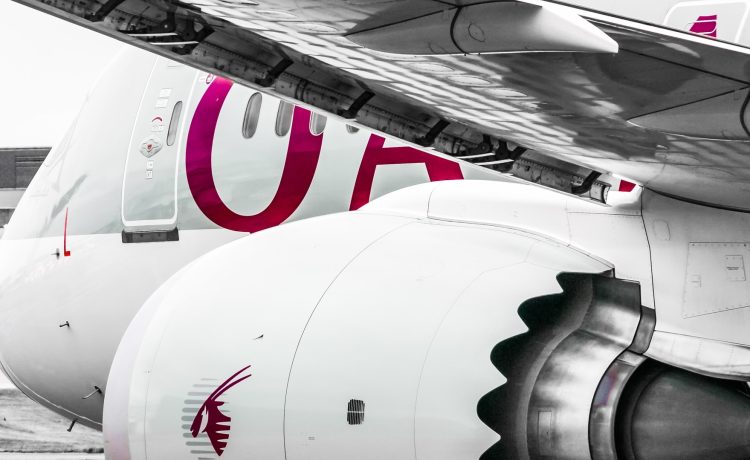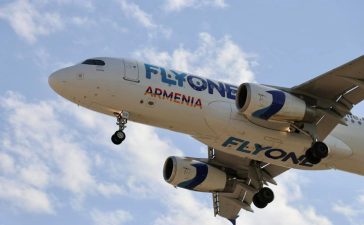During the Qatar Economic Forum organized by Bloomberg, Akbar Al Baker, the CEO of Qatar Airways, expressed doubts regarding the aviation industry’s aim of achieving net-zero emissions by 2050. Al Baker highlighted the insufficient availability of Sustainable Aviation Fuel and the early stages of development for alternative hydrogen designs as major hurdles.
He stated, “Being realistic, I don’t believe we can reach net-zero emissions by 2050. While it’s a popular topic of discussion, the production of sustainable aviation fuel is currently inadequate.”
Days before the annual meeting of the International Air Transport Association in Istanbul, where global airlines will discuss the implementation of the climate pledge, a prominent industry leader issued a cautionary statement.
The difficulty of reducing aviation emissions without groundbreaking technology has shifted the primary focus towards “drop-in” fuels. These fuels, such as plant- or waste-based Sustainable Aviation Fuel (SAF) and synthetic alternatives, can be seamlessly integrated into the current generation of jet engines.
“Really the only significant contributor by way of change in technology is Sustainable Aviation Fuel. That’s the only thing that moves the needle between now and (2050),” Boeing (BA.N) Chief Executive Dave Calhoun told at the Doha event.
Amidst a dispute with the energy industry regarding the availability of aviation supplies, airlines are apprehensive about a potential shortfall that could impede progress toward the target. Additionally, there is a lack of agreement on who should bear the cost of increasing production, with certain environmental organizations arguing that the proposed plans are insufficient.
Airbus is actively supporting initiatives to create a compact commercial aircraft that runs on hydrogen by 2035.
Boeing’s Calhoun suggested that such technology would only reach maturity in the latter half of the century.
During 2021, member nations of a United Nations organization reached a consensus on a far-reaching objective of achieving net-zero aviation emissions by 2050. This agreement lent significant political significance to a target that was initially endorsed by the International Air Transport Association (IATA) and other industry entities, including airports and aircraft manufacturers, in 2019.








